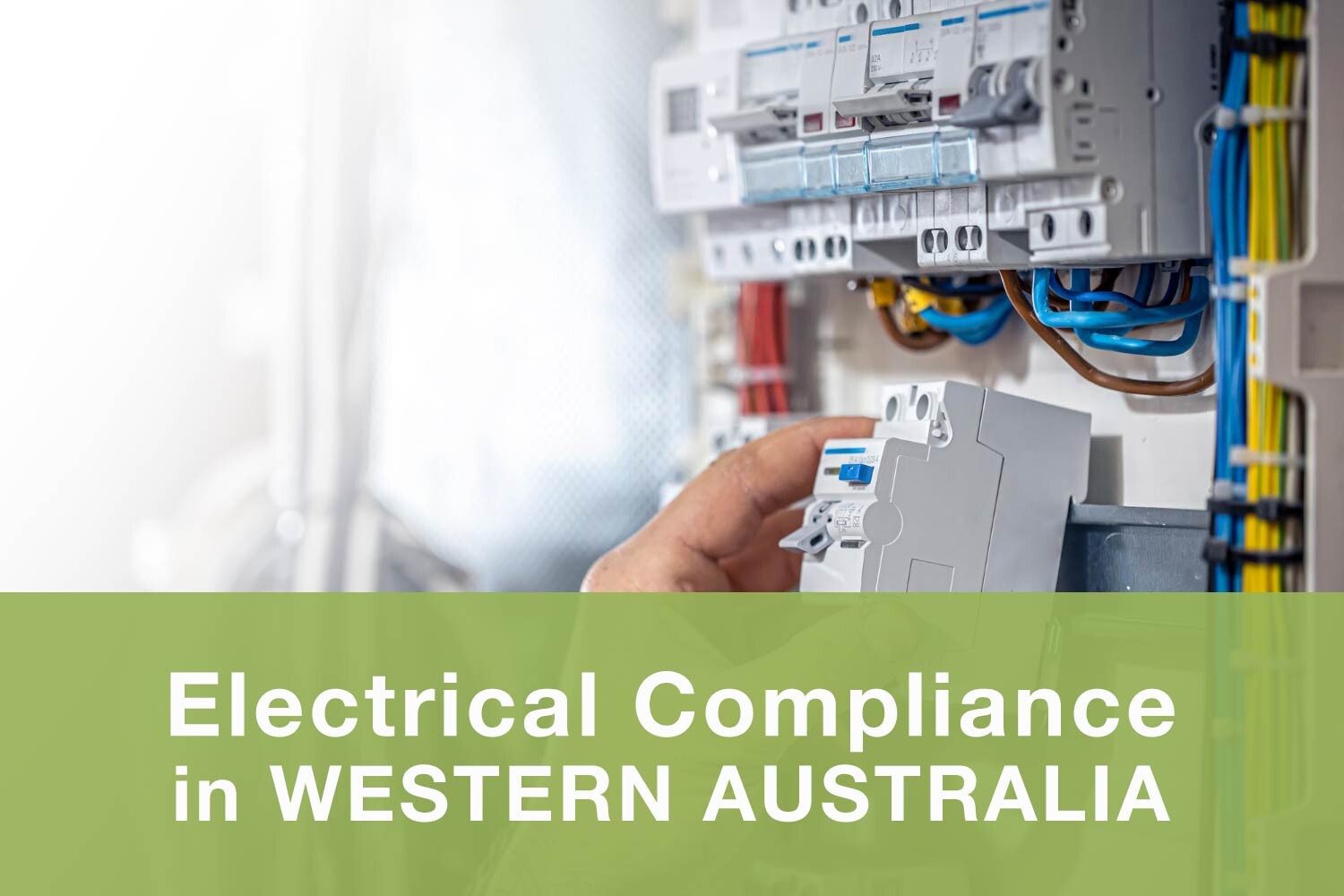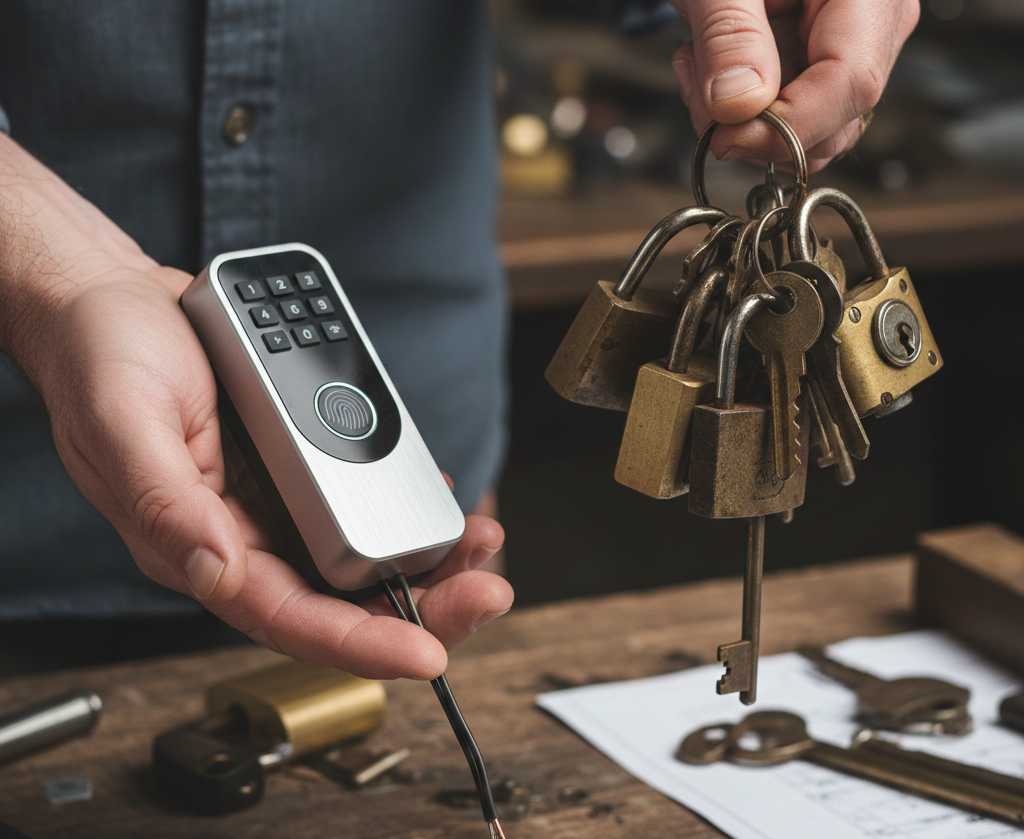Ensuring residential electrical compliance in Western Australia (WA) is vital for maintaining safety, adhering to legal standards, and preventing hazards such as fires or electrocution. The Electrical Safety Act 2002, along with related guidelines from EnergySafety WA, governs the installation, maintenance, and safety of electrical systems across homes in the state. Whether you’re a homeowner, tenant, or landlord, understanding the regulations is crucial for ensuring both the safety of occupants and avoiding penalties for non-compliance.
1. Key Regulations Governing Residential Electrical Compliance
In Western Australia, residential electrical installations must comply with the Australian/New Zealand Wiring Rules AS/NZS 3000. These standards set out the minimum requirements for the design, construction, and verification of electrical installations to ensure they are safe and reliable.
The following regulations play a key role in maintaining electrical compliance in WA:
- Electrical Safety Act 2002: The primary law governing electrical safety, ensuring all installations and repairs are carried out safely.
- Electricity (Licensing) Regulations 1991: This legislation governs who can carry out electrical work. It mandates that only licensed electricians can undertake installation, repair, or modification of electrical systems.
- EnergySafety Guidelines: EnergySafety WA, a division of the Department of Mines, Industry Regulation and Safety, enforces these laws and ensures safety compliance.
2. Licensing Requirements
One of the critical aspects of electrical compliance in WA is that only licensed electricians can legally perform any electrical work. The Electricity (Licensing) Regulations 1991 prohibit unlicensed individuals from performing any electrical installations or repairs, ensuring the safety of all occupants.
Licensed electricians are required to carry out the following:
- Issue an Electrical Safety Certificate after the completion of any electrical work, certifying that the work complies with Australian safety standards.
- Provide an Electrical Installation Compliance Certificate, which details the inspection and testing of any new or altered electrical installations.
3. Safety Switches and Residual Current Devices (RCDs)
In Western Australia, the installation of Residual Current Devices (RCDs), also known as safety switches, is mandatory. RCDs are designed to protect against electric shock by automatically cutting off the power supply if a fault is detected. This simple yet effective device has been shown to significantly reduce the risk of electrical accidents.
Since August 2009, it has been a legal requirement for all residential properties to have at least two RCDs installed to protect power and lighting circuits. This rule applies to all homes being sold or rented, ensuring they are fitted with RCDs before transfer to a new owner or tenant.
4. Smoke Alarms
Another essential component of electrical compliance in WA is the installation of hard-wired smoke alarms. Under the Building Regulations 2012, all residential homes must have mains-powered smoke alarms that are interconnected. These smoke alarms provide early warnings in the event of a fire and are essential for ensuring occupant safety.
Smoke alarms are required in the following scenarios:
- All new residential buildings.
- Any residential properties undergoing significant renovations.
- Existing homes that are sold or leased.
5. Electrical Inspections and Testing
Electrical inspections are vital for ensuring that installations comply with safety standards. In WA, some specific situations require inspections, such as:
- After significant electrical work: For instance, adding new circuits or rewiring a house.
- When selling or leasing a home: The law mandates that landlords ensure the electrical systems are safe, fully operational, and compliant before renting out a property.
- After an electrical fault or hazard is reported: It’s essential to immediately have a licensed electrician inspect the property to prevent accidents.
Periodic testing of electrical systems is also recommended, particularly for older homes, to ensure ongoing compliance and to identify any issues before they become serious problems.
6. Penalties for Non-Compliance
Failing to adhere to residential electrical compliance regulations can result in severe consequences, including fines and legal penalties. Non-compliant installations may also void insurance policies in the event of an electrical-related incident.
Some penalties for non-compliance in Western Australia include:
- Fines for landlords who fail to install RCDs or smoke alarms as required.
- Legal action against individuals who conduct unlicensed electrical work.
- Potential voiding of property insurance if non-compliant electrical systems contribute to an accident or fire.
7. Importance of Maintaining Compliance
Electrical compliance is not just a legal requirement but also a crucial safety measure that protects residents from potential electrical hazards. Compliance with the regulations significantly reduces the risk of electrical fires, shocks, and other accidents. Additionally, compliant installations tend to be more energy-efficient and reliable, ensuring lower energy costs and fewer unexpected disruptions for homeowners.
8. Future Trends in Electrical Compliance
With the increasing adoption of renewable energy sources like solar panels, battery storage systems, and electric vehicle charging points, the scope of residential electrical compliance in WA is expanding. Homeowners must ensure that these new systems are installed by licensed professionals and meet evolving safety standards.
As technology evolves, Western Australia’s electrical compliance landscape will continue to adapt to new safety concerns and innovations.
Residential electrical compliance in Western Australia is a critical aspect of ensuring the safety and functionality of homes. By following the state’s regulations, such as using licensed electricians, installing RCDs and smoke alarms, and regularly testing electrical systems, homeowners and landlords can ensure their properties are safe, compliant, and ready for any inspection. Staying informed about changes to regulations and best practices is also essential as the industry evolves.
Ensuring compliance not only protects lives but also provides peace of mind for homeowners and tenants alike.
For any answers and quotes on any specific electrical projects or electrical upgrades, please contact the team at All level Electrical via their website here.





